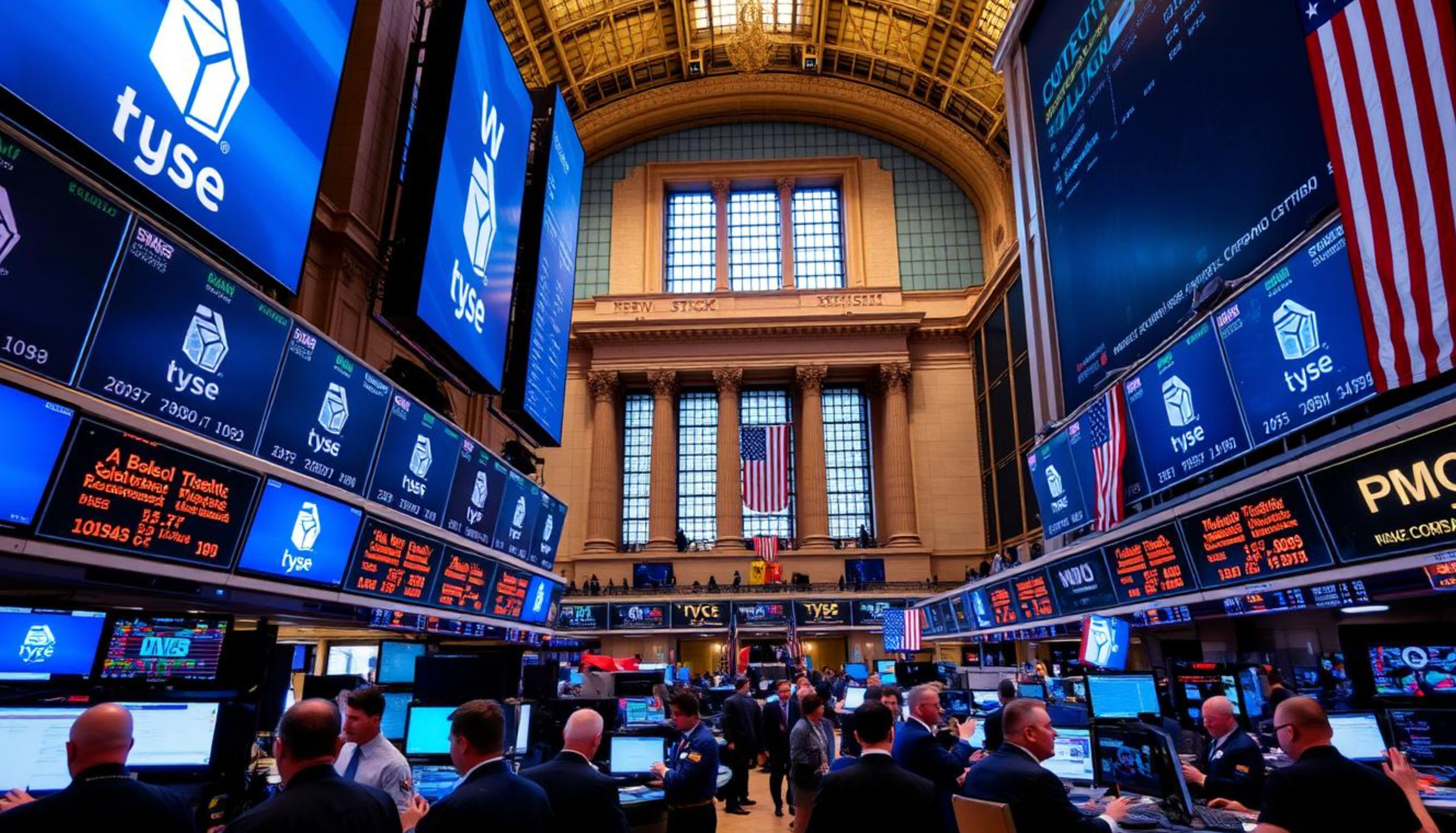What Is A Stock Exchange?

What is a stock exchange? It's a centralized platform where buyers and sellers trade stocks and other securities. Stock exchanges play a crucial role in the financial world by facilitating investments, providing liquidity, and ensuring market transparency. In this article, we explore the core functions, history, and importance of stock exchanges in the global economy.
Understanding the Basics of a Stock Exchange

A stock exchange is a regulated market where securities such as shares, bonds, and derivatives are bought and sold. It provides a secure and organized environment for companies to raise capital and for investors to buy ownership in those companies. The exchange ensures that transactions are conducted transparently and efficiently, adhering to strict regulations that protect all market participants.
The Role of Stock Exchanges in the Economy

Stock exchanges play a vital role in economic development. By offering companies access to public capital, businesses can expand operations, create jobs, and fuel innovation. Investors, from individuals to large institutions, benefit through opportunities to grow their wealth. This interaction between capital providers and seekers fosters overall economic growth, making stock exchanges cornerstone institutions in financial systems.
Popular Global Stock Exchanges

Some of the most well-known stock exchanges around the world include the New York Stock Exchange (NYSE), the NASDAQ, the London Stock Exchange (LSE), and the Tokyo Stock Exchange (TSE). Each of these platforms hosts thousands of companies and handles millions of trades daily. These exchanges serve as financial hubs that influence not only local markets but also the broader global economy.
How Stocks Are Traded on an Exchange

Trading on a stock exchange occurs through a network of brokers and electronic systems. Buyers and sellers place orders, which are matched based on price and availability. Trades are executed in real-time, with modern exchanges using sophisticated algorithms to ensure fairness and efficiency. Accessibility has also expanded thanks to online trading platforms, allowing everyday investors to participate in the market.
Stock Exchange Regulation and Oversight

Stock exchanges are governed by regulatory bodies to maintain fair trading practices. In the U.S., for example, the Securities and Exchange Commission (SEC) oversees the activities of exchanges like the NYSE and NASDAQ. These regulators enforce rules that prevent fraud, insider trading, and market manipulation, ensuring investor confidence in the financial system.
Benefits of Being Listed on a Stock Exchange

When a company lists its stock on an exchange, it gains access to significant advantages. These include increased capital through stock sales, enhanced public visibility, and credibility among investors. However, public companies are also subject to rigorous reporting requirements and governance standards to maintain transparency and shareholder trust.
Technology’s Impact on Stock Exchanges

Advancements in technology have transformed how stock exchanges function. Electronic trading, real-time market data, and high-frequency trading have increased efficiency and volume. These innovations have lowered barriers for investors and allowed exchanges to expand across borders, enabling more people to understand 'What Is A Stock Exchange' and participate globally.
How to Get Started Investing Through a Stock Exchange

To invest through a stock exchange, an individual needs to open a brokerage account. After funding the account, they can research stocks, place orders, and monitor their investments. It’s important for new investors to educate themselves on market risks, investment strategies, and how stock exchanges operate before making decisions.
In summary, understanding what a stock exchange is can help demystify the world of investing and finance. These powerful institutions connect capital with opportunity, supporting economic growth and offering wealth-building avenues for individuals and organizations. Whether you're a seasoned investor or a curious beginner, learning about stock exchanges is a valuable step toward financial literacy and success.

